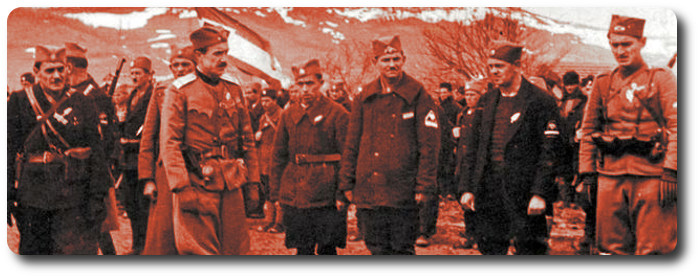Allied Forces Compared (China, 1900)
Topic: European Armies
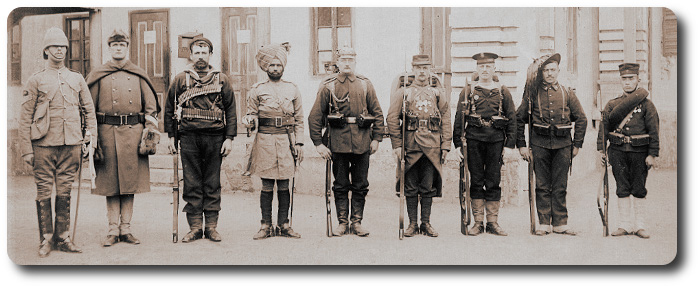
Allied Forces Compared (China, 1900)
Americans and British for Uniform and Equipment, Germans for Drill, and Japanese for Discipline Are the Pick of the Experts, While All Are Good Fighting Men
Boston Evening Transcript, 5 November 1900
Tien-Tsin, Oct. 1.—With troops of eight nations and every branch of service, elbow to elbow, under actual field conditions, both Pekin and Tein-Tsin at present afford a rich field of comparative military observation. Of this the officers of the various forces are taking keen advantage. This is especially noticeable of the Continental forces, whose staffs are everywhere taking notes of equipment and methods.
There are now quartered in this big camp what are said to be representative contingents of every military Power. It is a military congress as complete as if devised only for display, and the contrast between the forces is very marked, in equipment, method and discipline; yet at the same time observing officers find little room for criticism of any particular contingent of the Chinese expeditionary force.
In equipment and uniform there is apparently little question that the American and British troops are superior. The sober business-like khaki is in strong contrast to the showy French and Italian uniforms, while the Germans, otherwise a magnificent and picked body of men, are handicapped in comparison by their ill-fitting clothing. The German uniform is a mustard yellow khaki, apparently of very inferior quality. The blouse is long and loose, without pockets; the trousers loose, and no leggings are worn by the infantry. This is completed with a wide-brimmed straw hat, such as is seen in the Southern part of the United States, turned up at the side and fastened with a corps badge. One almost overlooks the awkwardness of the uniform, however, in the splendid drill and discipline of the kaiser's Chinese army; while its field equipment, though a bit heavy, is well up to date and compares favourably with that of any other force.
By far the most picturesque troops here are the British native regiments from India. At present Great Britain has no white troops here except a part of the Royal Welsh Fusiliers, known in England as the "Duke of Connaught's own," and a battalion of Australian Volunteer Naval Reserves. The show of Tien-Tsin is the Sixteenth Bengal Lancers, the "Gentlemen Regiment of India," out on parade. Magnificently mounted on country breds, superb riders, equipment as perfect as care can make it, with lance pennons fluttering, the Sixteenth is a regiment any nation could feel proud of. The Indian Cavalry are probably the heaviest armed mounted troops in the world. Each man carried the long, heavy lance, revolver, carbine, and heavy sabre. The uniform is khaki, the blouse tight at the belt; loose cord trousers, russet-leather leggings and the inevitable turban. The Bombay Lancers are not inferior, and the foot regiments, which include the Rajputs, the Punjabs, and the Belochistans, amke a splendid appearance, the men being tall and slender, and carrying themselves superbly.
The Japanese are, however, probably the most interesting studies for the military men here. One looses sight of the rather slouchy white canvas uniforms and French high-crowned caps in the machine-like drill and discipline of the mikado's men. In discipline they are easily ahead of all the other forces. The Japanese soldier works as none other does. He is always busy; he does not drink, and he is not in evidence on the streets. Detachments of the little white-clad chaps are always on the move. Wherever one goes in the surrounding countryside for many miles out he finds a Japanese outpost; their field topographical parties are always busy, and their commissary and quartermaster’s departments are wonderfully active and complete. Many officers have found much to admire in their transport system. There are no great bales or boxes in the Japanese supplies. Everything is put up in compact matting-bound bundles, none too heavy for one man to handle, and the result is expedition. It is the general opinion of observers that the Japanese soldier is the busiest, the quietest, the best disciplined man in the Chinese armies.
The big German camp, which occupies the grounds and buildings formerly used by the American troops, lying east of the foreign concession, is easily the model of all the camps about Tien-Tsin. It has attracted much attention, and nothing but favourable comment is heard. The Germans have a scheme for use of the shelter tent which is considered to be ideal for warm weather. The pieces of canvas of an entire company are lashed together and erected in the shape of a shed without partitions. It is practically a roof and rear wall, and is usually erected in the shape of two sides of a square, the walls being to the north and west. The German cooking equipment is complete in every detail, and they have a wonderful quantity of wagons and transport. There are new designs in field ambulances, very narrow and springy, wagonettes for general officers, field post wagons, and nearly every sort of vehicle an army can need. In variety and completeness of outfit the German representation is beyond comparison with any force here.
The question of transport is naturally most interesting to military observers and in this connection the British have come in for much praise. As organized, the British forces in China have the most effective field transport for the character of campaigning they are called upon to perform. Each company is complete with its own pack train, from which it is not separated. Stout little Indian mules, hardly larger than donkeys, carry all supplies, and so far the British troops here have not suffered for lack of supplies in any of the marches the allies have made. The same cannot be said of other armies. In common with the Japanese, the British employ large numbers of coolies. In fact, they have the largest non-combatant force here, each regiment having its own coolie gang, who perform all camp labor. This is made necessary, however, by the fact that the Indian regiments are composed of high caste men. The ranks of the cavalry regiments are filled with blood relatives of rajahs and princes, and these men are never called upon for camp labor. They are fighting men essentially, and it is almost safe to say that every enlisted man in the Sixteenth Bengals and the Bombays has his own servant and groom.
In size, rank and file, soldierly appearance and good marching there is nothing heard but praise for the American troops. The camps are well policed, the men well behaved, and ther been an absolute absence of rowdyism.

Posted by regimentalrogue
at 12:01 AM EDT
Updated: Thursday, 25 August 2016 12:04 AM EDT
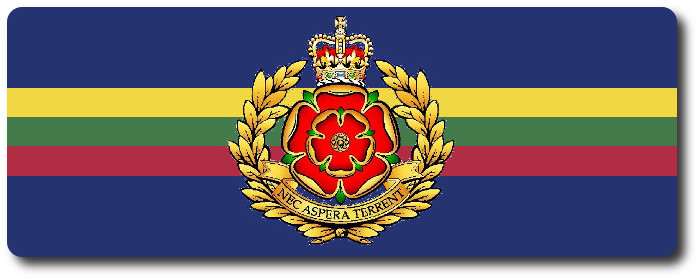


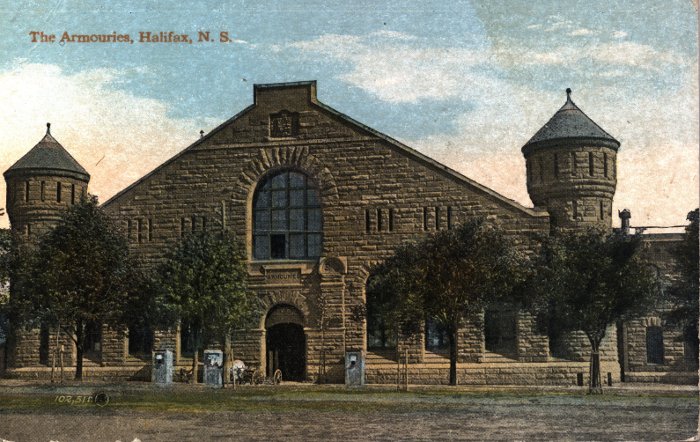
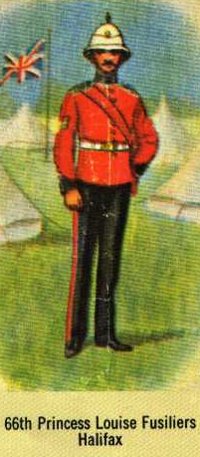 To-night General Gascoigne inspected the
To-night General Gascoigne inspected the 
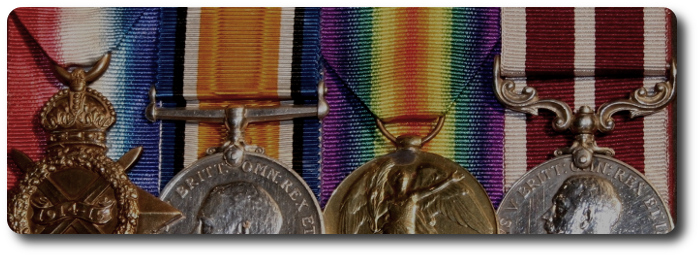
 The Montreal Gazette, 18 June 1931
The Montreal Gazette, 18 June 1931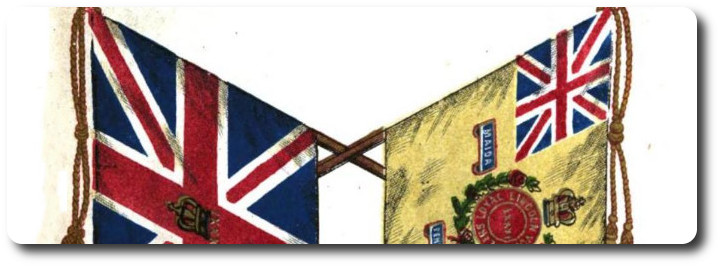
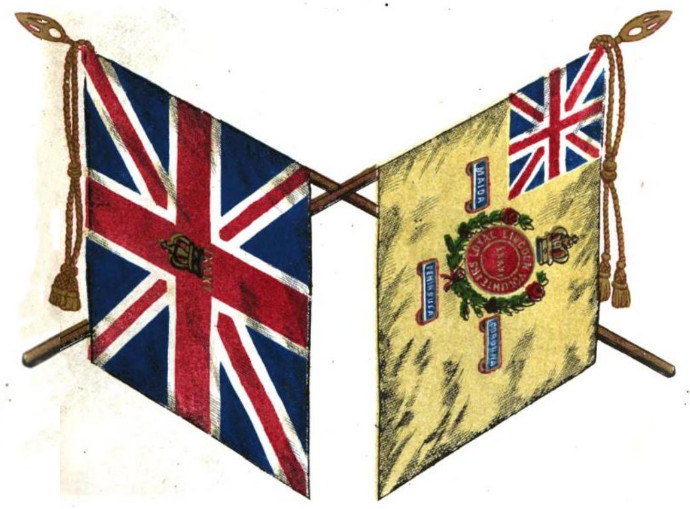

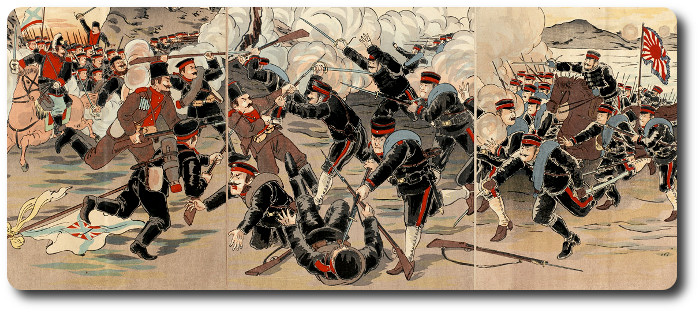
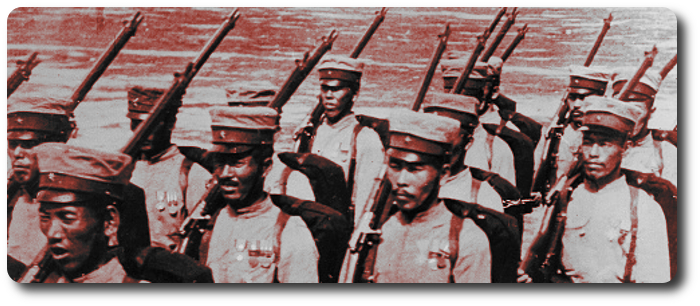

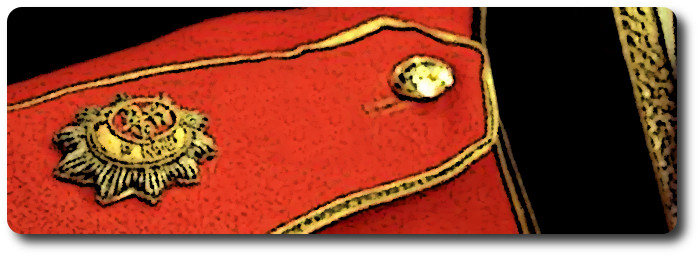
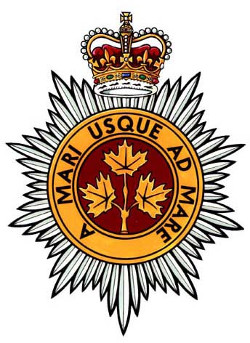
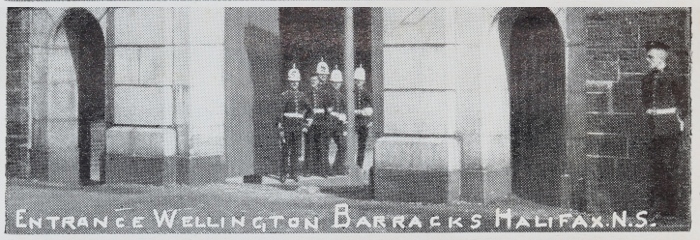
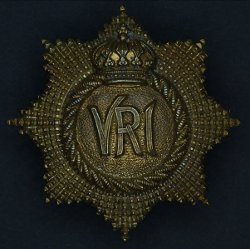 Ottawa, August 26.—(Special)—Official corroboration has been received of the report that the Canadian Regiment at Halifax is to be relieved from duty by a regiment of the Imperial army. The conformation has come in the form of a cablegram from the quartermaster-general in England to General Parsons, officer commanding the Imperial troops at Halifax, stating that the Fifth Regiment, Royal Garrison Artillery, has been ordered to embark for Halifax about the middle of next month, to replace the Third (Special Service) Battalion, Royal Canadian Regiment. A copy of the cablegram was sent on to Lord Aylmer, the adjutant-general.
Ottawa, August 26.—(Special)—Official corroboration has been received of the report that the Canadian Regiment at Halifax is to be relieved from duty by a regiment of the Imperial army. The conformation has come in the form of a cablegram from the quartermaster-general in England to General Parsons, officer commanding the Imperial troops at Halifax, stating that the Fifth Regiment, Royal Garrison Artillery, has been ordered to embark for Halifax about the middle of next month, to replace the Third (Special Service) Battalion, Royal Canadian Regiment. A copy of the cablegram was sent on to Lord Aylmer, the adjutant-general.



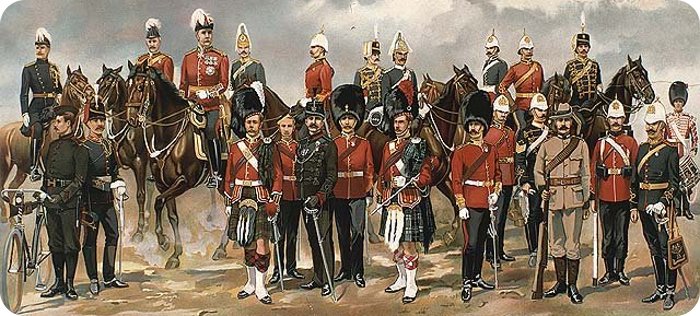

 1. An underestimation, sometimes bordering on the arrogant, of the enemy.
1. An underestimation, sometimes bordering on the arrogant, of the enemy.
 On 26 June 2016, we shared the story of
On 26 June 2016, we shared the story of 
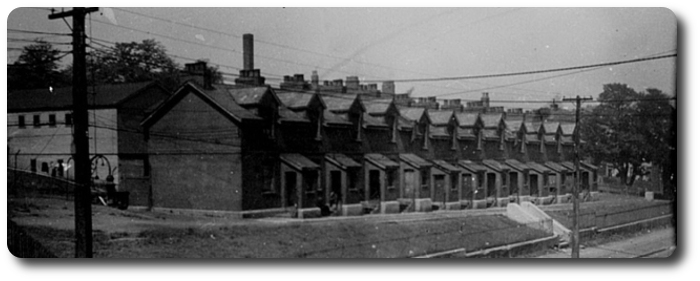

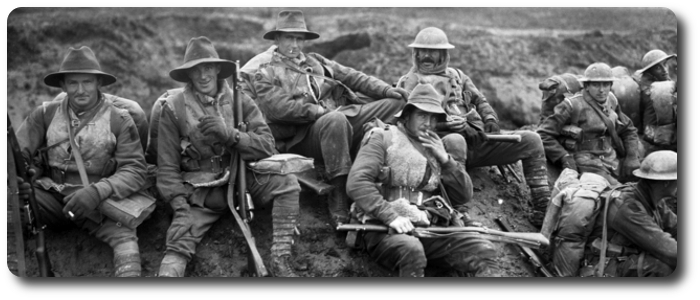
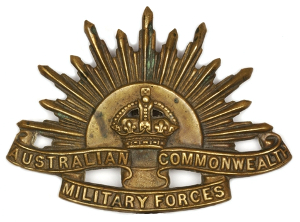 The most heartbreaking part of an officer's or N.C.O.'s work during the period of recruit training is to educate Australians to submit to discipline. It is almost an impossibility to teach a new man to instantly obey and order, and to get him into the soldierly habit of coming to attention when addressing anyone of superior rank, or saluting when passing him in camp or elsewhere. It necessitates a very complex knowledge of the Australian character to account for this peculiarity in the men, and a study of his individuality, descent, and all the influences at work upon the man from infancy to adult life, before an officer may consider himself qualified to handle new recruits, and change their modes of thought.
The most heartbreaking part of an officer's or N.C.O.'s work during the period of recruit training is to educate Australians to submit to discipline. It is almost an impossibility to teach a new man to instantly obey and order, and to get him into the soldierly habit of coming to attention when addressing anyone of superior rank, or saluting when passing him in camp or elsewhere. It necessitates a very complex knowledge of the Australian character to account for this peculiarity in the men, and a study of his individuality, descent, and all the influences at work upon the man from infancy to adult life, before an officer may consider himself qualified to handle new recruits, and change their modes of thought.

